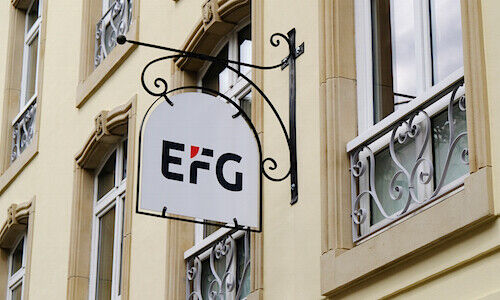Julius Baer: Dealmaking Harder Now
Julius Baer has spent billions snapping up rival private banks in the last ten years. Why the Swiss private bank is has turned into its own worst enemy for deal-making.
Zurich-based Baer has been private banking's most aggressive acquirer, swallowing smaller outfits from rivals like Commerzbank's activities in Luxembourg, or larger multi-year projects, like Merrill Lynch's international private bank.
Under CEO Boris Collardi and operating chief Nic Dreckmann, Julius Baer has turned into an efficient integrator of teams, private bankers, and ultimately clients.
The bank has the desire and financial wherewithal to keep going, and signs are that private banks are still consolidating, but Baer itself has changed.
Fewer Targets
«We feel that the consolidation will continue but as you’ve seen given our size today, the relative attractiveness of targets has changed for us,» Collardi said in Zurich.
When the modern-day Julius Baer was formed by combining a slow-growing formerly family-controlled bank and three small firms from UBS, adding a sum of 10 billion Swiss francs in assets was considerable, Collardi said.
Ten years on, when the bank can add 36 billion francs in assets through acquisitions, net new money from its private bankers and favorable market performance in the last year alone, 10 billion seems paltry.
Big Ain't Beautiful
«The relative size for us has changed and simply statistically there are fewer relevant targets,» Collardi said.
With potential deals scarcer, flaw become more obvious.
«The second criteria is the quality and what we’ve seen is that not everything big is beautiful,» he said. «If and when we’ll have to deploy capital, we have to go to market and therefore there needs to be a strong story behind it, a strong set of synergies over and above size and quality.»



























